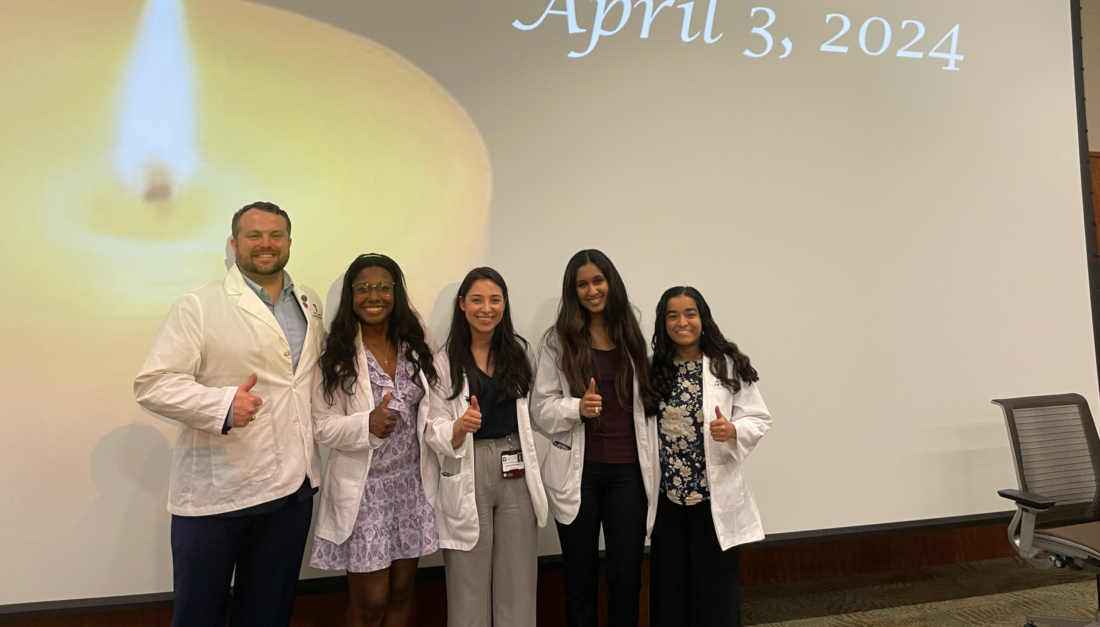What to know about arthritis
When you think of arthritis, one word usually comes to mind: pain.

Arthritis is a complex family of musculoskeletal disorders with many causes but no cures. According to the Arthritis Foundation, the disease strikes 50 million adults (1 in 5), 300,000 children and is the nation’s leading cause of disability. It’s a more frequent cause of activity limitation than heart disease, cancer or diabetes.
“While diagnostic tests and treatments have improved a great deal for several types of arthritis, there are still many types that have continued to be challenging,” says Guy Fiocco, M.D., assistant professor of internal medicine at the Texas A&M Health Science Center College of Medicine. “That is why a correct diagnosis is important, and early diagnosis is helpful.”
Types of arthritis include osteoarthritis (progressive degenerative joint disease), rheumatoid arthritis (inflammation of membrane lining the joint), lupus (chronic inflammatory disease affecting multiple organs) and gout (buildup of uric acid). Each has its own symptoms and treatment.
“Symptoms of arthritis can include stiffness, swelling and redness, and decreased range of motion of the joints,” says Dr. Fiocco, director of the Division of Rheumatology at Scott & White in Temple. “Fatigue and even depression can be a part of the disease. Some types are associated with additional problems, including inflammation involving the eyes, skin, bowels, lungs or kidneys.”
While there are no cures, there are some measures such as lifestyle changes that will help to improve the overall health of an arthritic patient, not just during Arthritis Awareness Month (May) but every day. Fitness and healthy eating are very important.
“Exercise helps in many ways, such as weight control, improved support of the affected joints, greater flexibility, improved quality of sleep, increased energy and even decreased stress,” Dr. Fiocco says. “Be weary of myths about diet cures. There are some food components that may help to reduce inflammation such as omega 3 fatty acids, but the effects may be fairly mild.”
Media contact: media@tamu.edu


